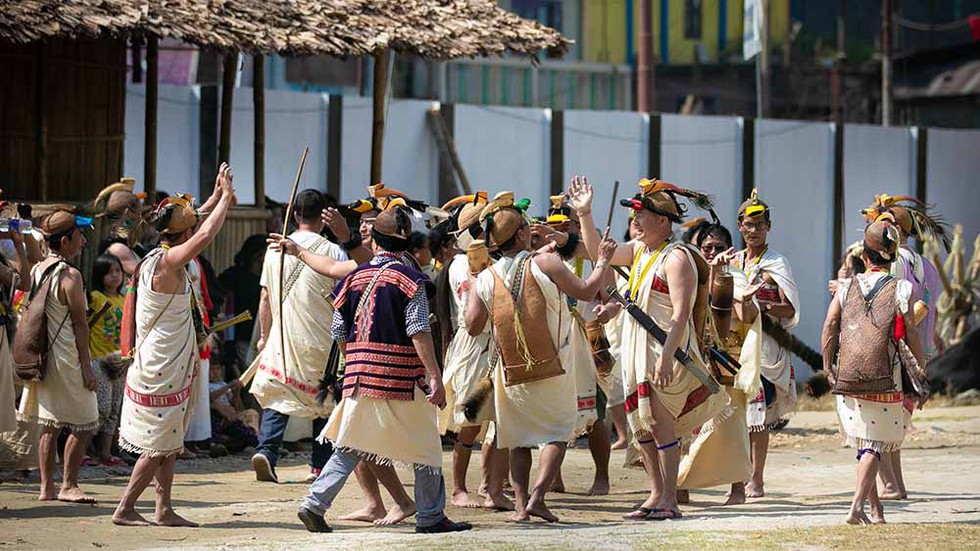
About Nyishi Tribe:
Warmer conditions are helping the Aed...
Invented in 1824 by the William Sturg...
Only proposals acceptable to both Rus...
India set to be the 6th country to ha...
An Indian Air Force (IAF) contingent ...
SDG 7: Energy Progress Report 2024, r...
Fires in Brazil's Pantanal wetlands h...
New research by a team of scientists ...
The world has seen modest progress in...
To retain the four tigers which have ...